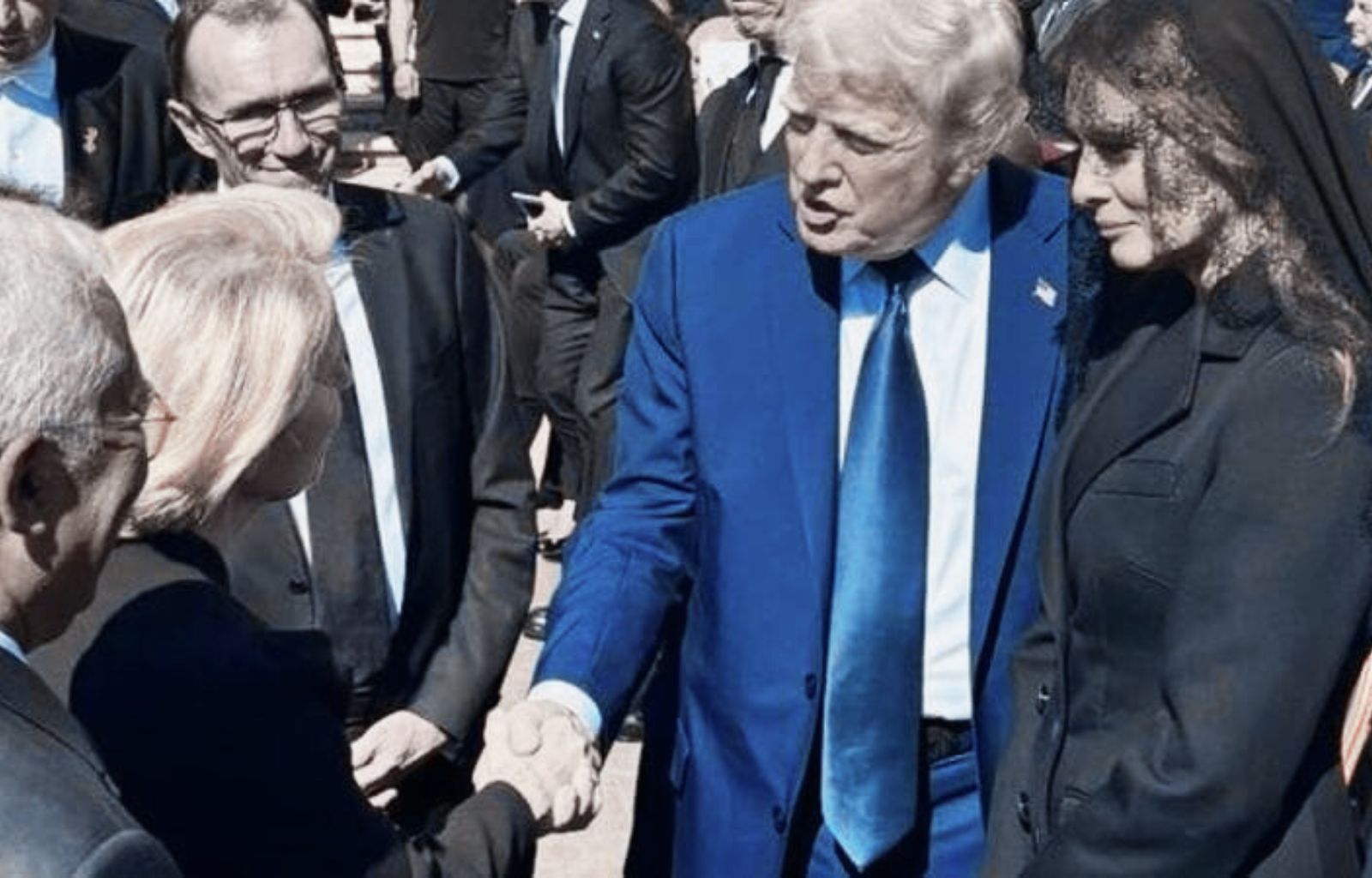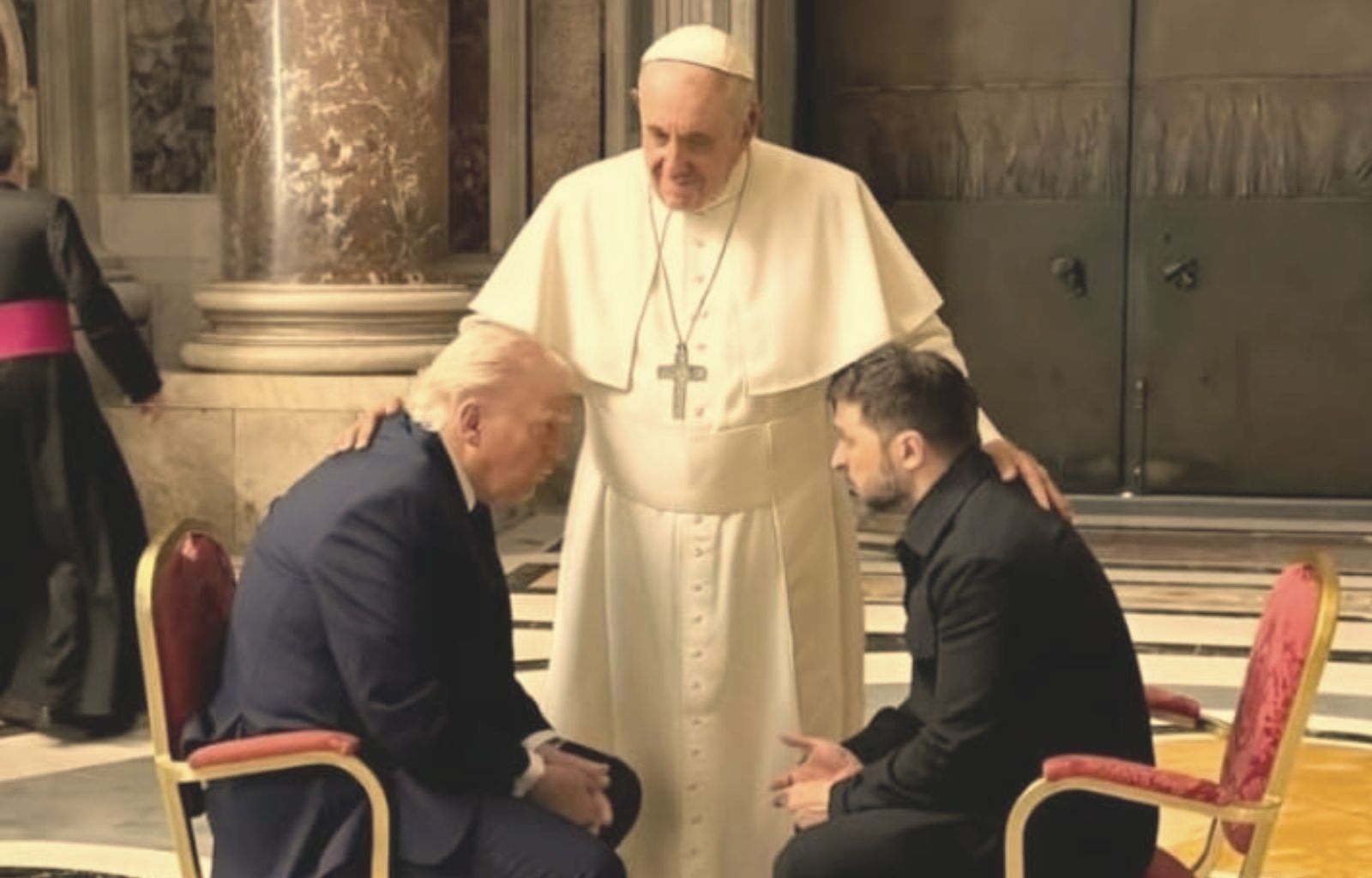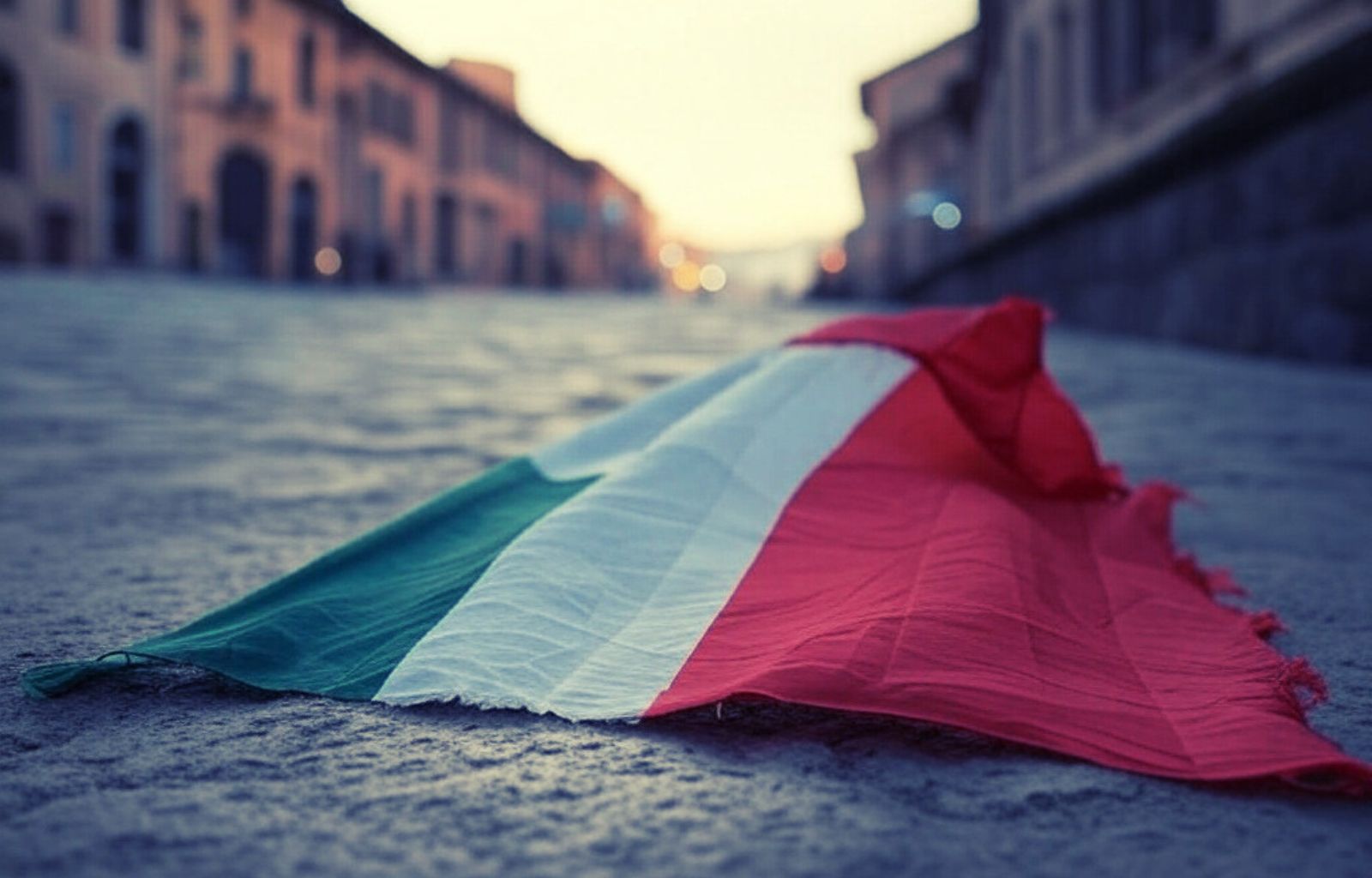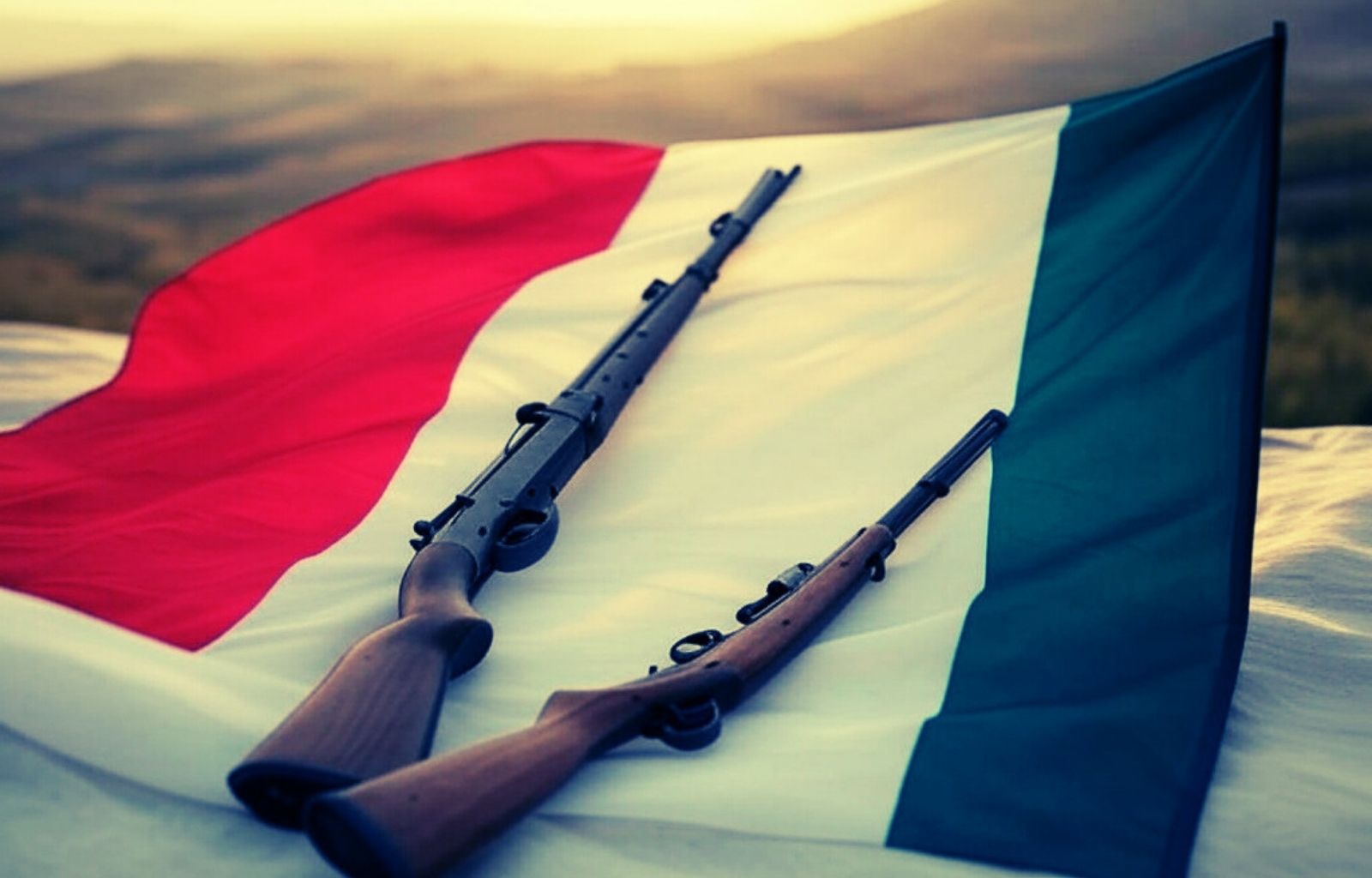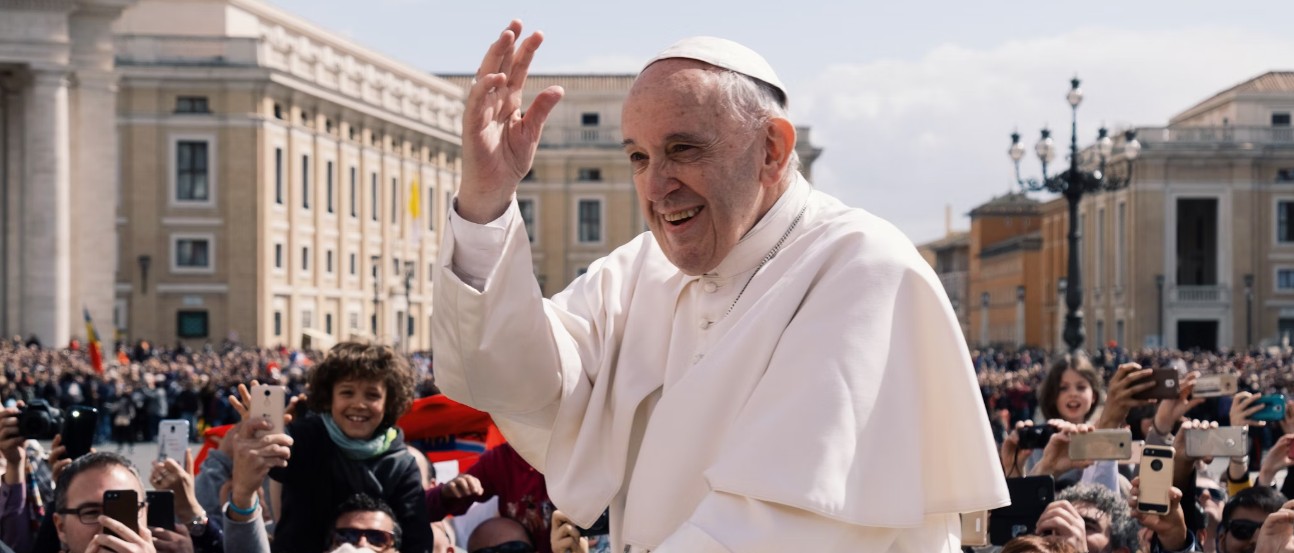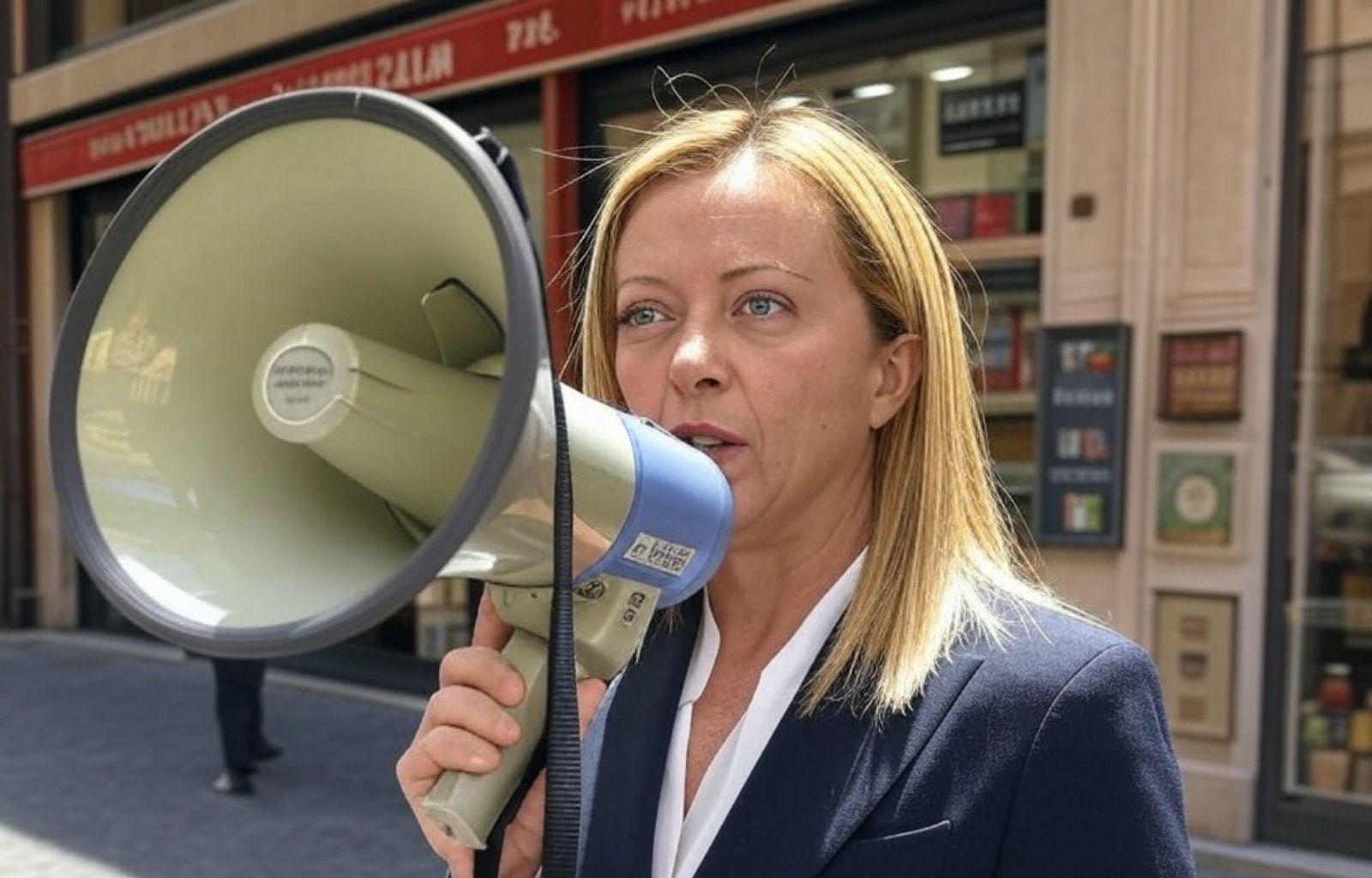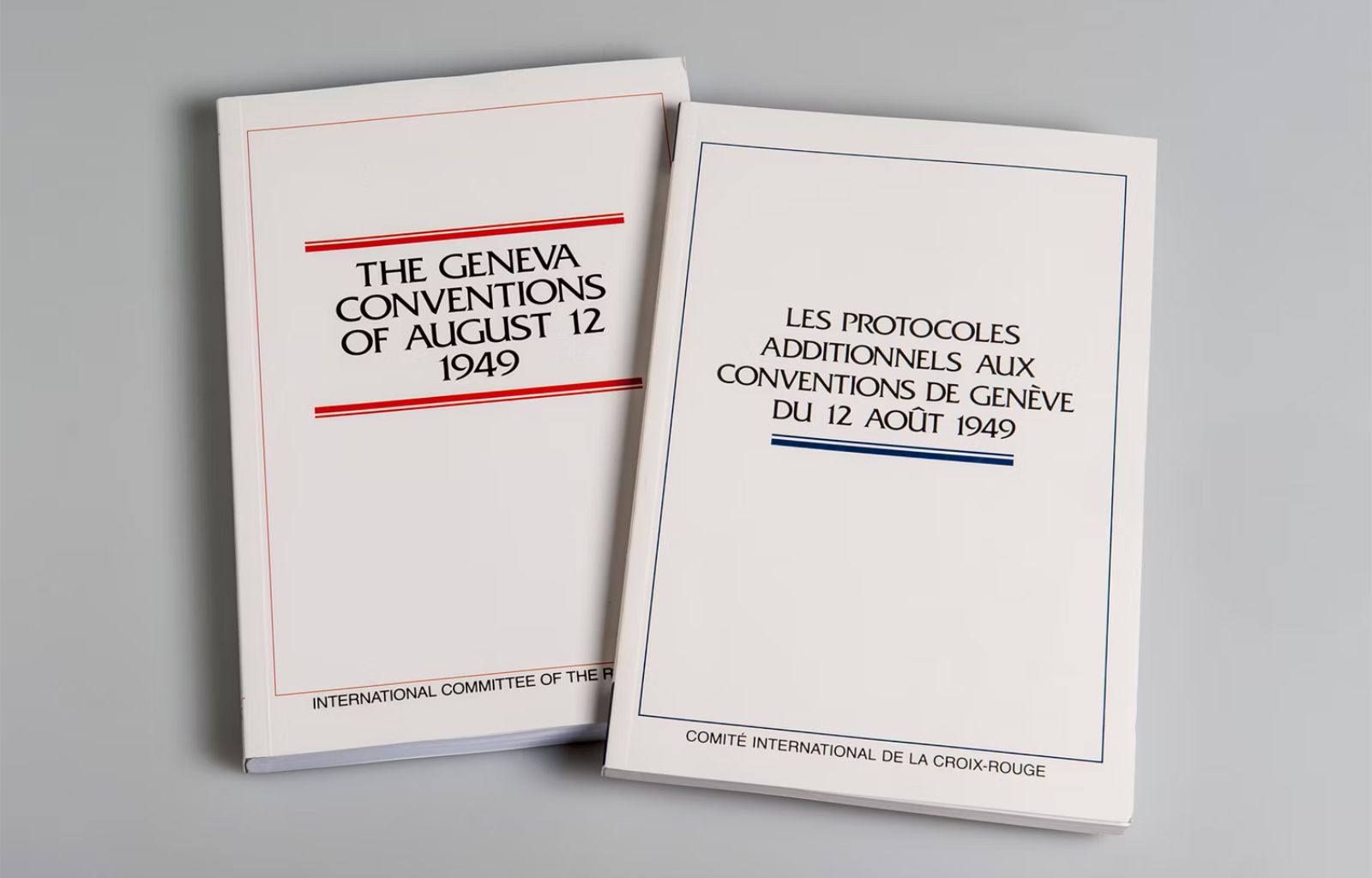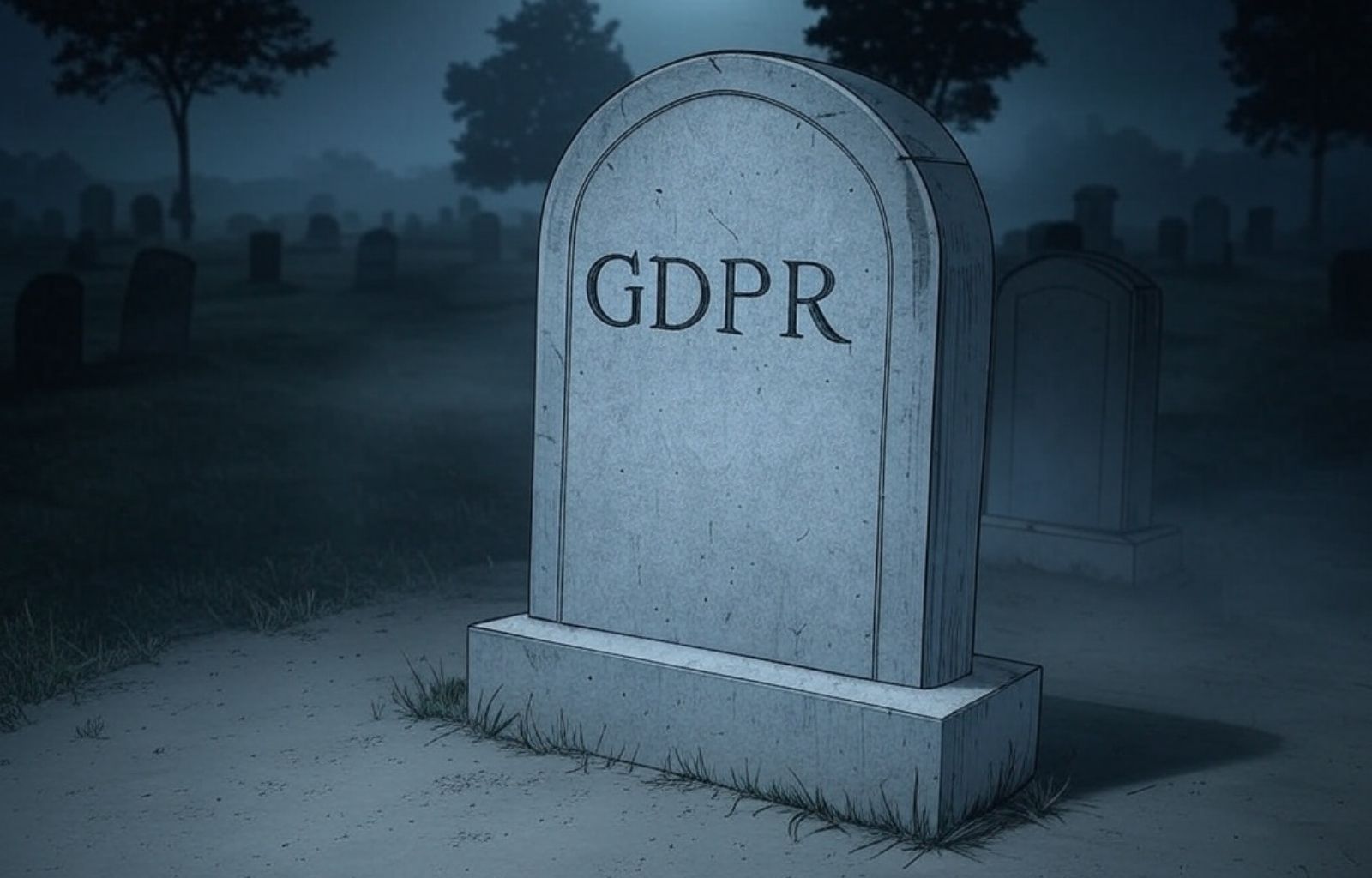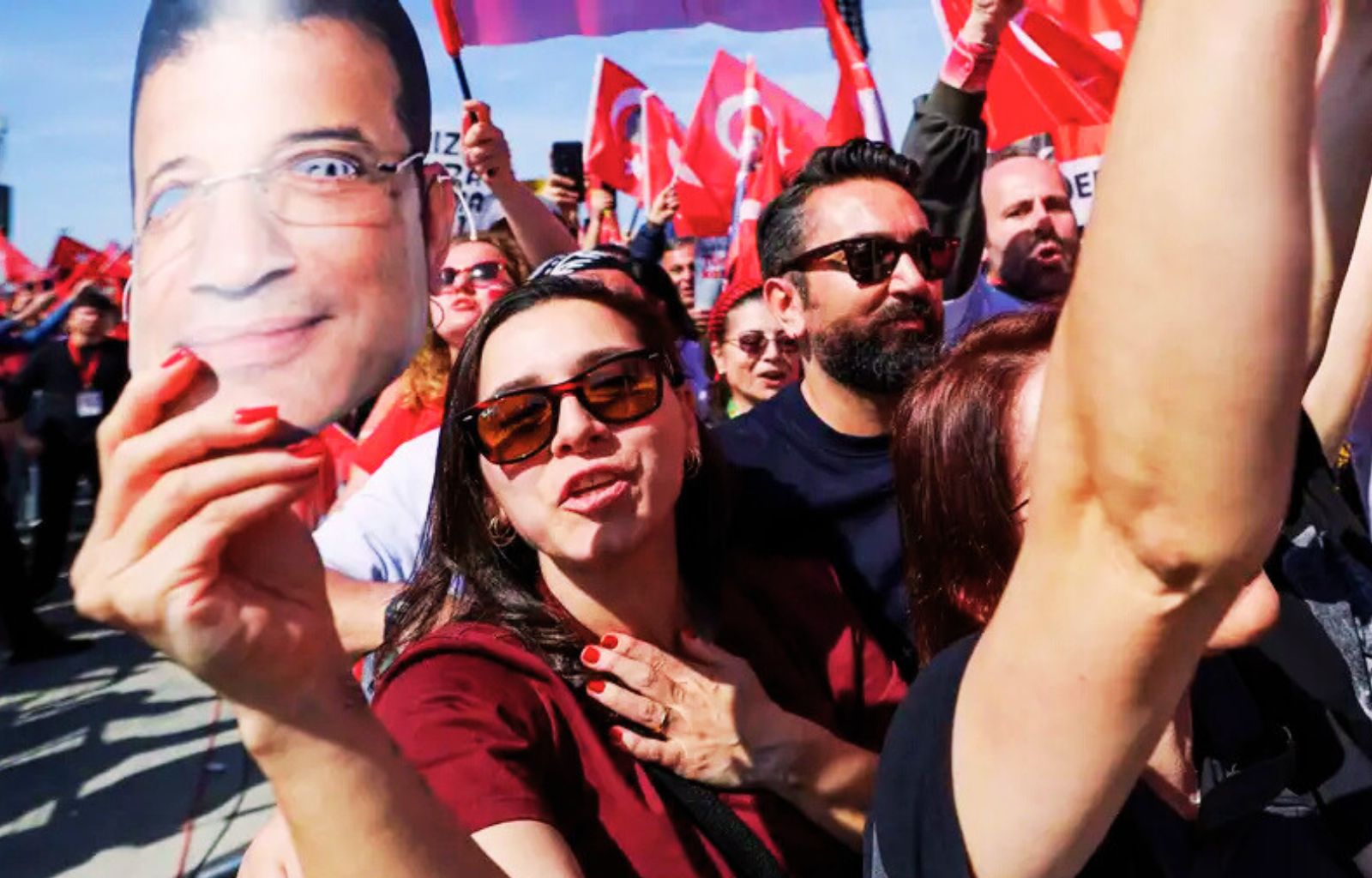After Francis: what voice for Europe in the world?

Sovereignisms, crisis of values and the diplomacy that is missing
The death of Pope Francis is not just a religious event: it is a geopolitical shock that spreads
far beyond the Vatican walls. Francis embodied an unprecedented form of diplomacy: not made of
armies or treaties, but of symbols, empathy, dialogue. While Europe was losing centrality, the Pope was
imposing himself as a global moral voice. Now, with his passing, a void opens up that Brussels
seems unprepared to fill. The question is simple but ruthless: is the European Union ready to
assume that role? (here an article of ours analysing the figure of Francis)
Europe and the spiritual void
Over the last ten years, the European Union has progressively unlearned how to talk about itself. It has
forgotten the language of vision, of culture, ofidentity. It has allowed itself to be crushed by accounting
accounting deadlines, by internal regulations, by half-yearly reports that replace every
ideal impulse. In this crisis of representation, the continent has entrenched itself in technology and has
stopped asking itself the most uncomfortable question: who are we?
This void of strategic thinking has produced a more serious void: a spiritual void. Europe
has renounced its vocation as a power of meaning, and has abdicated its role in the
construction of a world narrative. Geopolitics has remained in the hands of the apparatchiks. The
consciousness, on the other hand, has been externalised. In this scenario of delegation and aphasia, a voice has been raised
outside the European institutions, but within European history: that of Pope Francis.
While Brussels spoke the language of suspensive clauses, Francis spoke on behalf of those who do not
have a voice. While the European Council produced vague and armoured communiqués, the Pope visited the
refugee camps, dialogued withIslam, denounced forgotten wars. He did not offer solutions
technical solutions, but it built a moral substitute that filled – at least partially – the void of
legitimacy of Europe.
A profoundly European leadership model
His ‘geopolitics of mercy‘ has never been neutral. It has been alternative. Francis has not
has simply done diplomacy: he has exercised a counter-intuitive power, based on symbolism,
on slowness, on empathy. He chose not to align, but to position himself. To remain open to all,
even to those whom the West declared irredeemable. And in this he proposed a model of
leadership that is profoundly European, albeit long forgotten: that which combines ethics and politics.
This posture has given Europe – at least a part of it – a semblance of a soul. The
Vatican, with Francis, was the place where an ancient idea of Europe was kept alive: that
of encounter, of mediation, of depth. A Europe that does not shout, but listens. That does not
controls, but accompanies. Which does not impose, but orients. All this, paradoxically, did not come from the
European institutions, but from a Church increasingly perceived as marginal. And yet decisive.
With the death of Francis, this supplication is interrupted. And with it opens a phase of silence
uncomfortable. Who will pick up the baton? Who will know how to speak not only to governments, but to peoples? Not
only to chancelleries, but to consciences?
The risk is that, in the vacuum left by the papal voice, those more thunderous but less
significant. Identitarian, reactionary, apocalyptic voices. The narratives that sellsecurity in
exchange for freedom, simplifications in exchange for complexity, isolation in exchange for cohesion.The
geopolitics of fear, as opposed to that of mercy.
A challenge for Europe: recovering its narrative function
This is where the real challenge for Europe lies: to once again become the interpreter of a symbolic, as well as an
as well as economic. To recover its narrative function. To return to saying something meaningful to the
world, without waiting for others to do so. Without taking refuge behind the anonymous diplomacy of a
press release. Without surrendering every time the role of witness, of guide, of guardian.
Because what Francis’ death delivers to us, beyond mourning, is an uncomfortable legacy. He has not
told us what to think. He showed us how to think. He restored dignity to silence, to doubt, to
compassion. He reminded us that power and conscience are not incompatible.
If Europe knows how to listen, it will not even have to imitate. It will only have to return to being what it
has always been in the best moments of its history: a spiritual force before
a political force. A voice that can still speak to the world, not because it has more tanks or more
GDP, but because it has more ideas. More courage. More depth.
And if it does not, if it continues to delegate its soul to external voices, then the real void will not
will be the one left by Francis, but the one we ourselves have built.
Italy between the Vatican and Brussels
Italy, which has always been at the crossroads between the sacred and the secular, has occupied a strategic position in the
external projection of the Church. The Vatican, with its extraterritorial dimension, has transformed
Rome into a moral and symbolic capital, a central node of multilateral diplomacy and processes
of mediation. This physical and cultural proximity has guaranteed Italy a privileged role in international theatres.
international theatres, although not always deserved by the quality of its ruling class.
However, in recent years, this symbolic renown has been progressively eroded.
The rise of sovereignist forces has generated a political narrative dominated by instances of identity
protectionist, in open antithesis to that moral diplomacy that Francis attempted to
to structure on a global scale. While Italy has continued to host the centre of Catholicism,
on the other it has ceased to embody its vocation: there has been a lack of authentic adherence to that vision
of the world that the Argentine Pontiff sought to transmit, made of human rights, social justice
social justice, international cooperation.
The paradox is obvious: while the Pope spoke to the peripheries of the planet, Italy was entrenched in
its own identity anxieties. While Francis was meeting refugees, Rome was signing agreements of
containment agreements with ambiguous governments. While the Pontiff denounced global inequalities, the
Italian political debate was reduced to ‘Italians first’ accounts. In this gap is
consumes the Italian ambiguity: a nation geographically central but morally decentralised.
With the death of Pope Francis, an era in which the Church has in fact made up for the
shortcomings of the Italian political system in terms of external credibility. The Pope – man, pastor, global leader
global leader – has often spoken where Italian institutions were silent. He has represented a better Italy
better: more visionary, more consistent, more respected in the world. Now that that voice has died out, the
crisis is not only ecclesiastical. It is also profoundly Italian. A point of reference has been lost
which, although not institutional, filled an increasingly evident void.
Rome caput mundi
Today, Rome is no longer the moral capital of Europe. It is the seat of power, but not of vision. It is the centre of
negotiations, but not of narratives. The end of Francis’ pontificate marks the need for Italy
to redefine its role in the European and Mediterranean context. Stopping to live off the land by rediscovering, if possible, a planning and moral autonomy that does not depend solely on the echo
Vatican. Otherwise, the country risks watching, mute and disoriented, the waning of
its own centrality, while others – more consistent, more credible – take the floor.
The missed (or found?) opportunity
The death of Pope Francis, for the European Union, can either mark a void or open up a
possibility. A unique opportunity to think of itself again as an ethical power, not just an economic
or normative. For years, the EU has relegated issues such as the promotion of peace, human rights and
international cooperation to the role of ‘decorative soft power’, good for press releases, but
secondary at the real tables of power. This is no longer enough. The geography of global power has changed:
we are inside a multipolar order where narratives are as valuable as – if not more so – than sanctions.
And those who have no narrative, have no direction.
But Europe, today, struggles. Its common foreign policy institutions – from the CFSP to the European
European External Action Service, via the High Representative – have difficulty in finding a truly autonomous, authoritative and credible voice.
truly autonomous, authoritative and credible voice. The function of High Representative has often been reduced to
a notarial diplomacy, without the political charisma that is needed in an era of intertwined global crises.
intertwined. The fragmentation of internal interests, unanimity as a decision-making constraint, the
slowness in action: all contribute to a structural weakness that results in irrelevance.
Francis had a narrative. A ‘geopolitics of mercy’ capable of speaking to South and North,
East and West, with different but unifying languages. Europe can – and perhaps must – inherit his
diplomatic grammar: less bureaucratic constraints, more value credibility. It is not a question of
replace the Vatican, but to recognise that coherence, symbolism and moral vision are strategic resources, not conference idealisms.
strategic, not convention idealisms.
The Union is now called upon to decide whether to remain a half-power or to become the architrave of a new
global order centred on dignity, responsibility, the human. Francis has shown the way.
It is up to Europe not to let it fade into the void.

